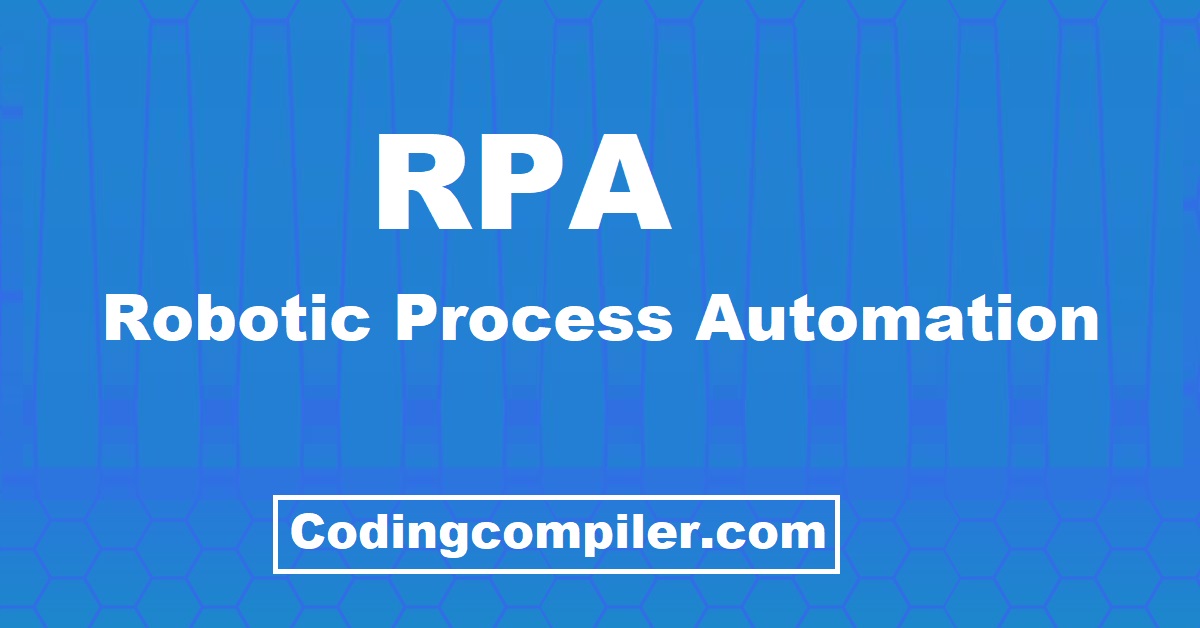Robotic Process Automation From Thoughtonomy. In this fast-paced, competitive and dynamic world, the need for speed is vital. Businesses want increased productivity with less resource, more cost savings, and improved accuracy, to offer the ultimate customer experience. Customers increasingly expect an on-demand service with an instant response and service – anywhere and anytime they want it.
Robotic Process Automation
Many of the limitations to meeting such immediate, round the clock customer expectations, relate to the people-centric way services are delivered. As such, there has been a surge of interest in robotics, Artificial Intelligence (AI) and process automation in recent years to address these
challenges.
Some commentators express concerns at the impact, including the World Economic Forum, whose 2016 Davos Report forecasts “Disruptive labor market changes, including the rise of robots and artificial intelligence, will result in a net loss of 5.1 million jobs over the next five years in 15 leading
countries.” However, Forrester takes a more balanced and realistic view, stating “advances in automation technologies will mean humans increasingly work side by side with robots, software agents, and other machines.”
Robotic Process Automation – The Line Between Hype And Reality
RPA Disruptive Technology
In fact, with the global pace of change, organizations that continue to rely on manual processing will lose their competitive edge. As process automation enables large volumes of tasks to be achieved quickly and
accurately, and in turn, reduces costs and improves efficiencies, Robotic Process Automation provides the foundation for significant competitive advantage.
It’s clear that Robotic Process Automation has the potential to add substantial value and improve customer outcomes – and the concept
of Virtual Workers operating as part of a blended human and machine workforce is here to stay.
What is Robotic Process Automation?
Today, across the world, many millions of hours of staff in customer services, business support and operations are being consumed with mundane, manual, labor-intensive activities. While much of the headline-grabbing may come from the concept of Artificial Intelligence and
self-learning systems, the fact is that if these mundane tasks were automated, the benefits would be huge, with staff freed up to focus on higher value activities, improved speed, and accuracy and significantly reduced costs.
Advanced RPA Interview Questions For Experienced
Introducing Robotic Process Automation
Robotic Process Automation (RPA) is the application of automation software to carry out tasks and activities in applications and systems
by interacting with them in the same way as a human. “Virtual Workers” replicate the specific actions a human would take while working
with IT systems, the decisions they make, and the logical processes
they follow. This might include interacting with an in-house
application, website, user portal, email, Microsoft Office suite and more.
Furthermore, virtual workers work 24/7 at the machine – not human – speeds. They are technology-agnostic, can use any system or device with a graphical or command line interface and can carry out any data-driven,
rule-based process. As they are using (rather than replacing) an organization’s existing technology, they are both completely complementary to core systems and entirely non-disruptive for day-to-day business.
RPA Capability
This makes RPA a capability that can be leveraged irrespective of industry and application, delivering ROI often within 3 to 6 months. RPA is fast emerging as a disruptive technology solution capable of delivering
multiple benefits. It is already having an impact at organizations currently deploying virtual workforces.
In the next few years, RPA will become an essential tool for more and more businesses looking to reduce costs, enhance accuracy, increase scalability, boost productivity and increase compliance. The benefits are simply too significant to be ignored.
Advanced Automation Anywhere Interview Questions For Experienced 2018

